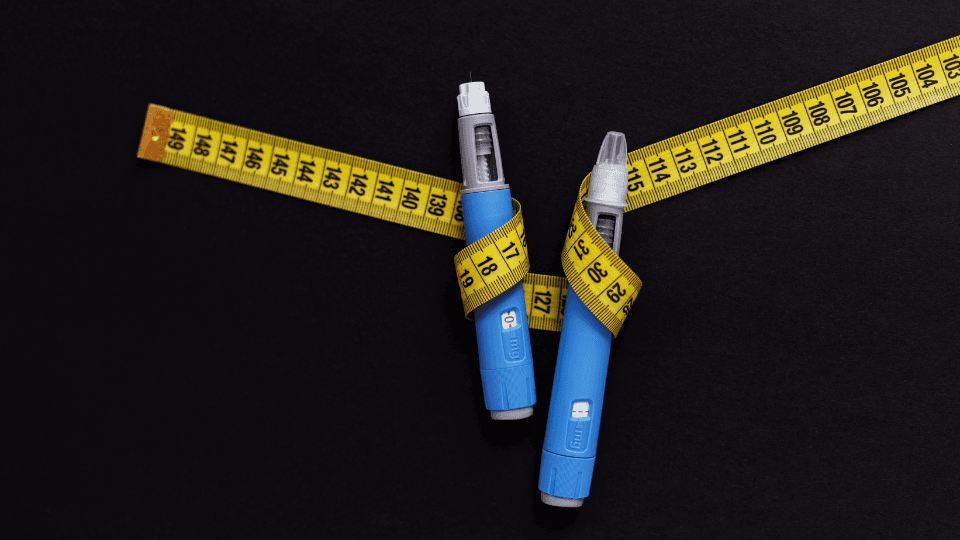Back
Oct 1, 2024
How to build muscle

Gabriella Florence | Sports Scientist
Whether you’re a casual jogger, a serious triathlete, or a yoga fanatic, strength training should be part of your fitness routine. Besides the obvious aesthetic benefits, building and strengthening your muscles is important for your health and wellness too.
Consider these 10 muscle-building fundamentals:
Warm up before you lift weights. A 5 to 10-minute walk on the treadmill and some dynamic stretching will increase blood flow to your muscles and ensure they are ready for your training session.
Progressively overload your muscles by increasing your weights or reps, or decreasing your rest time between sets.
Train smart. It’s natural to have a favourite exercise or muscle group but don’t neglect the others. Target all major muscle groups (chest, legs, back, and arms) at least once per week. Remember, muscle growth is specific to the muscles you target during training.
Increase time under tension. Slowly returning your weight to the starting position is a great example. Try it the next time you do squats, deadlifts, bicep curls, push-ups or pull-ups. Just don’t say we didn’t warn you about the intense muscle burn.
Give your muscles sufficient time to recover from their efforts, especially if you are experiencing post-exercise muscle soreness. Recovery is just as important for muscle growth as lifting heavy weights.
Match your training with purpose. While high-rep movements have value for building muscle, lowering your reps when lifting heavier weights may be better for gains in muscular strength.
Be patient - visible muscle gains don’t happen overnight. Taking progress photos every 8-12 weeks will have you noticing results, even when you can’t see them on a day-to-day basis.
Get enough good quality sleep. Poor sleep inhibits muscle growth by stunting the release of anabolic (building) hormones, specifically testosterone, growth hormone, and insulin-like growth factor 1 while stimulating the release of catabolic (breakdown) hormones, myostatin and glucocorticoids.
Manage your nutrition well. Aim to eat 1.6-2.2 grams of protein (specifically complete protein sources, which contain all 9 essential amino acids) per kilogram of body weight per day. We also recommend eating a post-workout meal or snack with carbohydrates, like a peanut butter sandwich, banana, or oats to stimulate the release of insulin. This will minimise muscle breakdown and replace any glycogen used up by your muscles.
Proper form is key. Lifting heavy weights with poor technique is a recipe for injuries. When in doubt, talk to a fitness professional.
Muscle growth takes patience, persistence, progressive overload, and proper nutrition - but the results will be worth it.













